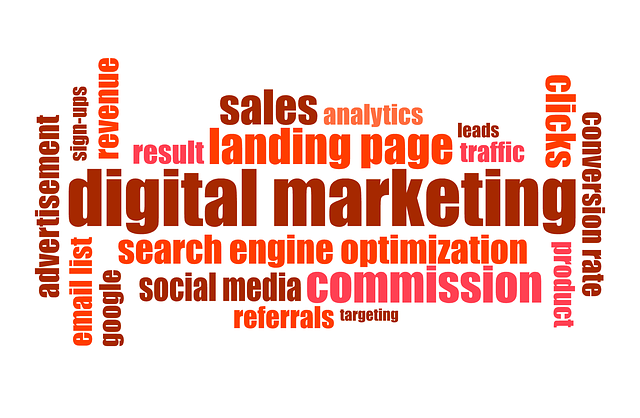AI is transforming mobile home safety with real-time structural monitoring, detecting anomalies and predicting damage. This technology requires updated contracts with AI legal clauses addressing data ownership, liability, and dispute resolution, ensuring compliance with data protection laws and mitigating risks. AI flagging systems in mobile home contracts enhance safety, simplify inspections, and build trust through responsible AI use.
“AI is transforming the way we ensure safety, particularly in mobile homes. This article explores the revolutionary potential of artificial intelligence in structural monitoring, focusing on real-time data analysis and its impact on mobile home inspections. We delve into the critical role AI plays in identifying structural issues early, enhancing safety measures, and simplifying legal processes through advanced flagging systems integrated into mobile home contracts. By examining the intersection of AI and legal considerations, we highlight a promising future for smarter, safer living.”
- AI's Role in Mobile Home Safety
- Legal Considerations for Contract Monitoring
- Real-Time Data: Revolutionizing Structural Checks
AI's Role in Mobile Home Safety

Artificial Intelligence (AI) is transforming the way we ensure safety in mobile homes, introducing innovative solutions to address potential structural issues in real-time. With its advanced capabilities, AI can analyze data from various sensors installed in mobile homes, detecting even the slightest anomalies or signs of damage that might go unnoticed by the human eye. This early detection system acts as a powerful legal clause flagging mechanism within mobile home contracts, empowering both owners and tenants with valuable insights to prevent catastrophic failures.
By employing AI algorithms, structural monitoring becomes more efficient and precise. These algorithms can learn from historical data, identify patterns, and predict potential problems before they escalate. This proactive approach not only saves lives but also minimizes financial losses associated with extensive repairs or replacement costs. Moreover, AI-driven monitoring systems offer peace of mind, ensuring that mobile homes maintain their structural integrity throughout their use, especially in harsh weather conditions or over extended periods of occupancy.
Legal Considerations for Contract Monitoring

As AI technologies, such as real-time structural monitoring systems, become integrated into mobile homes, legal considerations surrounding contract monitoring take on new importance. When integrating smart sensors and data analytics for structural integrity checks, developers and manufacturers must include robust AI legal clauses within their contracts. These clauses should clearly define responsibilities, data ownership, liability caps, and dispute resolution mechanisms, especially regarding privacy and security of residents’ personal and structural data.
Contracting parties need to ensure these AI systems adhere to relevant data protection regulations, like GDPR or CCPA, and implement transparent practices for data collection, storage, and usage. Flagging systems that alert homeowners and service providers about potential structural issues must be designed with fair and non-discriminatory practices in mind, avoiding any legal pitfalls associated with algorithmic bias. Proper contractual safeguards can mitigate risks, foster trust among stakeholders, and ensure the responsible use of AI technologies in mobile homes.
Real-Time Data: Revolutionizing Structural Checks

The integration of AI in mobile home structural monitoring is transforming traditional inspection processes through real-time data analysis. This innovative approach leverages advanced algorithms to detect and flag potential issues as they arise, replacing conventional methods that rely on periodic visual inspections. By continuously gathering and evaluating data from various sensors embedded within the mobile home’s structure, AI legal clause flagging systems for mobile home contracts can identify subtle anomalies indicative of structural integrity risks.
Real-time monitoring enables proactive measures, minimizing the risk of catastrophic failures by providing timely alerts to homeowners or property managers. This early warning system not only enhances safety but also simplifies dispute resolution processes by establishing a clear audit trail of structural health conditions, backed by verifiable data. As AI continues to evolve, its role in ensuring the longevity and integrity of mobile homes will become increasingly indispensable.
AI and real-time monitoring are transforming the way we ensure mobile home safety, offering enhanced structural checks through innovative technology. By leveraging AI’s capabilities in data analysis and automation, along with strategic legal clauses that incorporate these advanced systems into mobile home contracts, residents can benefit from proactive maintenance and potential cost savings. This combination of cutting-edge technology and contractual awareness paves the way for a new era in property management, where structural integrity is continuously monitored and maintained.
